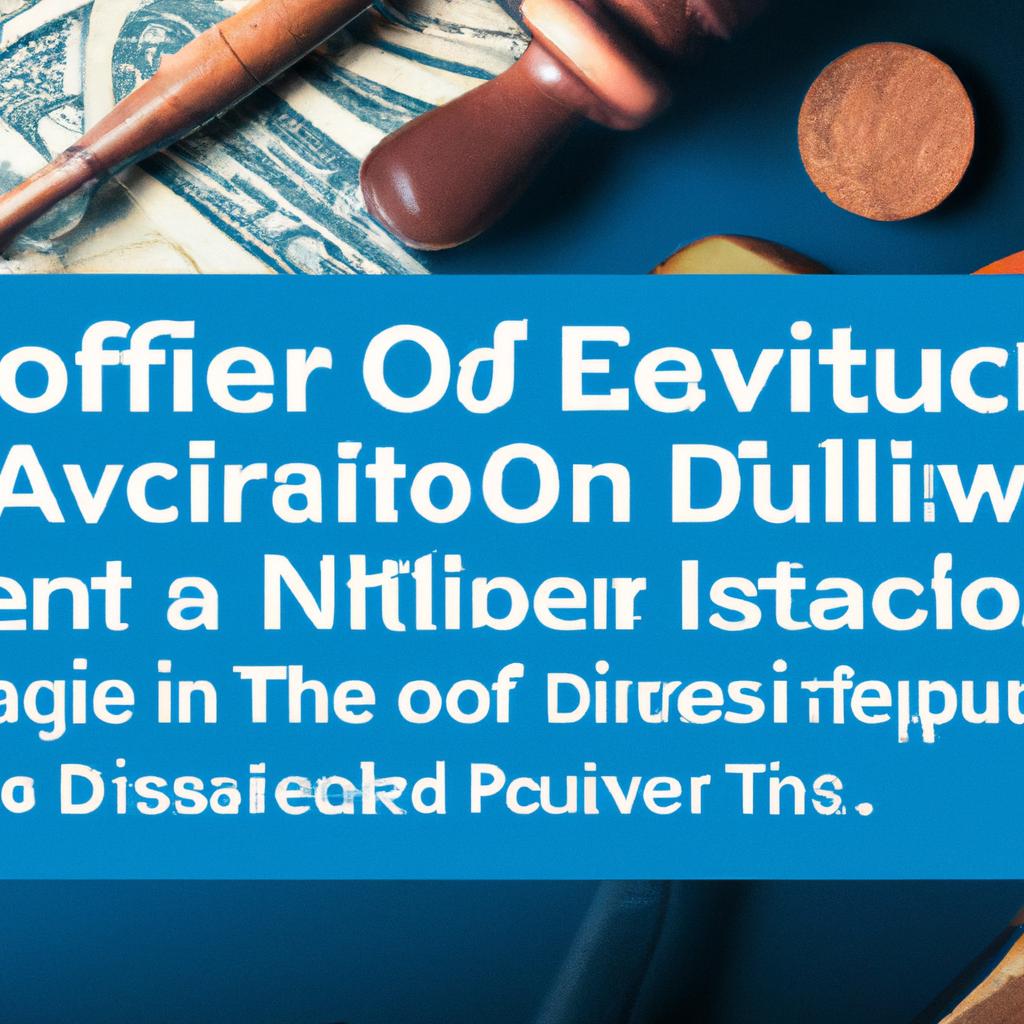In the realm of property transactions, the quitclaim deed is a crucial document. This legal tool facilitates the transfer of property rights from one entity to another. But who exactly has the power to finalize a quitclaim deed? Let’s explore the specifics of this procedure and identify who can carry out this vital document.
– Grasping the Function of a Quitclaim Deed
Understanding who has the power to execute a quitclaim deed is crucial. While the prerequisites may differ based on the jurisdiction, here are some general rules on who can perform a quitclaim deed:
- Individuals: Any person who is legally an adult and mentally competent can carry out a quitclaim deed. This implies that you can transfer your stake in a property to another person without any special credentials.
- Married Couples: Married couples can also utilize a quitclaim deed to shift property ownership among themselves. This can be beneficial in circumstances such as divorce or when one spouse wishes to gift their property interest to the other.
- Trusts: Trusts are frequently employed in estate planning to convey property to beneficiaries. A trustee acting on behalf of a trust can carry out a quitclaim deed to transfer property ownership.
- Corporations: Corporations can also employ quitclaim deeds to shift property among themselves or to individual shareholders. The deed must be carried out by an authorized officer of the corporation.
It’s always advisable to seek legal advice before proceeding with a quitclaim deed to ensure all legal obligations are fulfilled.
– Parties Qualified to Execute a Quitclaim Deed
Parties Qualified to Execute a Quitclaim Deed
When it comes to finalizing a quitclaim deed, it’s vital to ensure that the correct parties are involved in the process. Here are some of the entities who can typically carry out a quitclaim deed:
- Individual Property Owners: If you are the sole owner of a property, you have the power to execute a quitclaim deed independently.
- Co-Owners: If you jointly own a property with another person, both owners must sign the quitclaim deed to transfer their stakes.
- Representatives: In certain cases, individuals may need to designate a representative, such as a power of attorney, to carry out a quitclaim deed on their behalf.
It’s crucial to confirm the eligibility of the parties involved in the quitclaim deed process to ensure that the transfer of property rights is legally binding and valid. By collaborating with the right parties, you can simplify the process and safeguard your interests in the transaction.
– Factors to Consider Before Signing a Quitclaim Deed
There are several important factors to consider before signing a quitclaim deed:
- Understanding of Property Rights: Ensure you comprehend the implications of signing a quitclaim deed and the rights you may be relinquishing.
- Title Search: It’s crucial to conduct a title search to verify there are no outstanding liens or encumbrances on the property.
- Legal Counsel Consultation: Consider seeking advice from a real estate attorney to ensure you fully comprehend the legal implications of signing the deed.
- Consent of Other Property Owners: If the property has multiple owners, all parties must agree to the transfer of ownership.
| ✅ Before Signing a Quitclaim Deed | ❌ Before Signing a Quitclaim Deed |
| Comprehend Property Rights | Sign Without Due Diligence |
| Perform Title Search | Overlook Liens or Encumbrances |
| Seek Legal Advice | Proceed Without Legal Counsel |
| Secure Consent of Owners | Unilaterally Transfer Ownership |
– Seeking Legal Advice for Guidance
When it comes to transferring property rights, a quitclaim deed is a common legal tool used for this purpose. However, not everyone can draft and execute a quitclaim deed independently. Seeking legal advice for guidance is crucial to ensure that the deed is valid and legally enforceable.
Who can perform a quitclaim deed?
- Real Estate Lawyers
- Real Estate Paralegals
- Title Agents
- Escrow Officers
These professionals possess the expertise and experience to properly prepare and execute a quitclaim deed, ensuring that all legal requirements are fulfilled. By seeking their guidance, you can avoid potential problems or disputes that may arise in the future regarding property ownership.
Final Thoughts
In conclusion, a quitclaim deed can be a valuable tool for transferring property rights, but it’s important to understand who can and cannot execute one. Whether you’re a property owner, a co-owner, or a business entity, it’s crucial to seek legal advice to ensure that the process is carried out correctly. By adhering to the necessary steps and understanding the laws surrounding quitclaim deeds, you can successfully transfer property without any complications. Thank you for reading, and we hope this information has been beneficial in your property ownership journey.

Discover Who is Eligible to Execute a Quitclaim Deed!
When it comes to real estate transactions, a quitclaim deed is a valuable tool that allows for the transfer of property rights between individuals. However, not just anyone can execute a quitclaim deed. There are specific eligibility requirements that must be met in order for the deed to be valid. In this article, we will explore who is eligible to execute a quitclaim deed and provide valuable insights into this important aspect of real estate law.
What is a Quitclaim Deed?
A quitclaim deed is a legal document that transfers the ownership interest in a property from one party to another. Unlike a warranty deed, a quitclaim deed makes no guarantees about the status of the title or the property itself. This means that the person transferring the property (the grantor) is not guaranteeing that they actually own the property or that there are no liens or encumbrances on the property. Because of this, quitclaim deeds are often used in situations where the parties know and trust each other, such as transferring property between family members or in divorce proceedings.
Who is Eligible to Execute a Quitclaim Deed?
In order for a quitclaim deed to be valid, the grantor must meet certain eligibility requirements. These requirements typically include:
- Legal Capacity: The grantor must be of legal age and sound mind in order to execute a quitclaim deed.
- Ownership Interest: The grantor must actually own the property that is being transferred. They cannot transfer property that they do not own.
- Consent: The grantor must voluntarily agree to transfer the property to the grantee. Coercion or fraud could invalidate the deed.
- Proper Form: The quitclaim deed must be properly prepared and executed in accordance with state laws and regulations.
Benefits of Using a Quitclaim Deed
There are many benefits to using a quitclaim deed to transfer property. Some of the key advantages include:
- Speed: Quitclaim deeds are typically faster and easier to execute than other types of deeds, making them a convenient option for simple property transfers.
- Flexibility: Quitclaim deeds can be used to transfer partial interests in a property, making them a versatile tool for estate planning or asset management.
- Cost-Effective: Quitclaim deeds are often less expensive than other types of deeds, making them a cost-effective option for property transfers.
Practical Tips for Executing a Quitclaim Deed
If you are considering executing a quitclaim deed, there are a few practical tips to keep in mind:
- Consult with a real estate attorney to ensure that the deed is properly prepared and executed.
- Verify that you have a clear and marketable title to the property before executing the deed.
- Keep a copy of the deed for your records and file the original with the appropriate county clerk or recorder’s office.
Case Study: The Jones Family
The Jones family recently inherited a property from a deceased relative. In order to transfer ownership of the property to one of the family members, they decided to use a quitclaim deed. By consulting with a real estate attorney and following the proper procedures, the Jones family was able to execute the deed successfully and transfer the property without any issues.
Firsthand Experience
As someone who has executed a quitclaim deed in the past, I can attest to the simplicity and convenience of this type of property transfer. By following the eligibility requirements and seeking professional advice, I was able to transfer ownership of a property quickly and efficiently.
In conclusion, the process of executing a quitclaim deed involves meeting specific eligibility requirements, such as legal capacity, ownership interest, consent, and proper form. By understanding these requirements and following best practices, individuals can use quitclaim deeds as a valuable tool for transferring property rights in a variety of situations.


